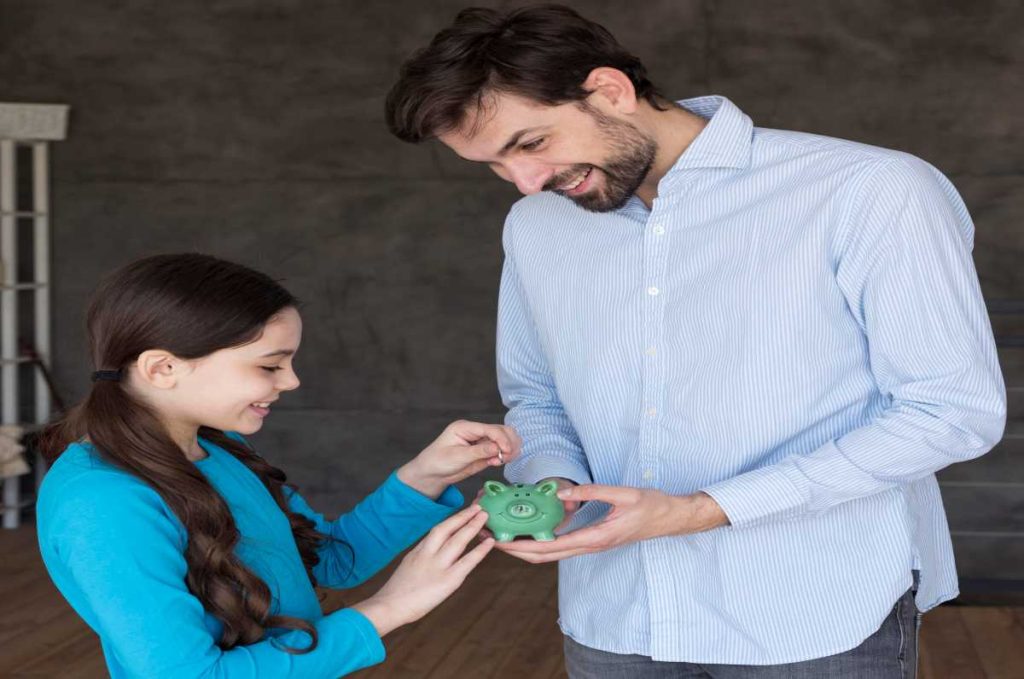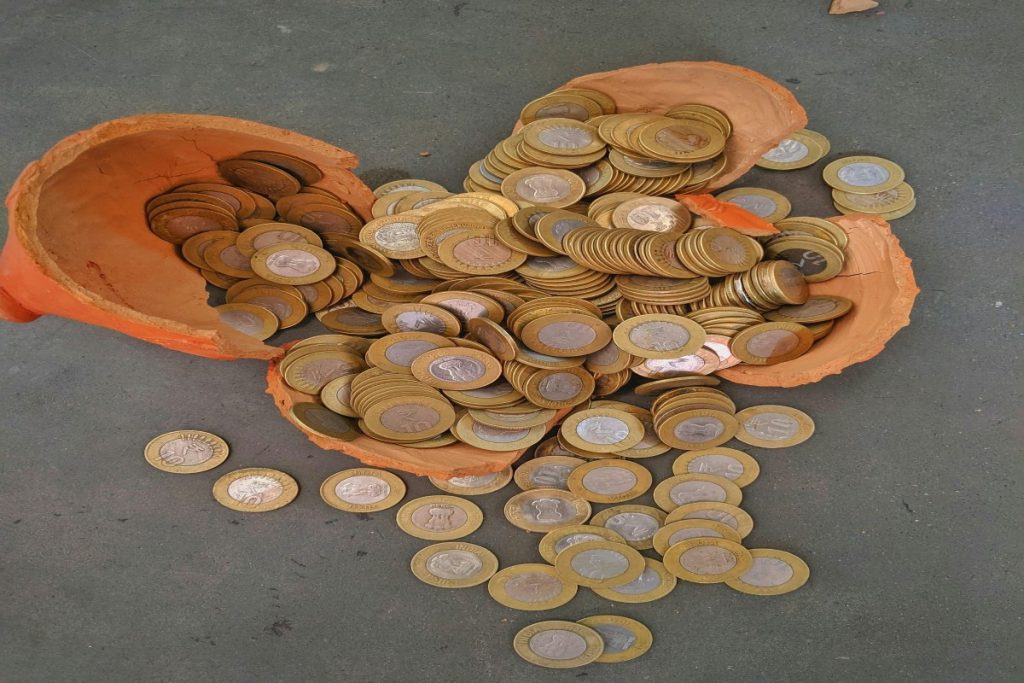Being frugal doesn’t mean sacrificing happiness—it’s about making smarter choices with your finances while still enjoying life. Embracing a frugal lifestyle allows you to save money, reduce stress, and focus on what truly matters to you. It’s possible to live well on a budget, and often, living more simply can lead to a more fulfilling, balanced life.
In this blog, we’ll explore 10 essential tips on how to be frugal and happy. These tips will help you achieve a healthy relationship with money while also finding contentment in everyday life.

1. Prioritize What Truly Matters
One of the most important aspects of being both frugal and happy is learning to prioritize your spending on the things that bring you the most joy and satisfaction. This means focusing on the experiences, people, and passions that make life meaningful, rather than on material goods or fleeting desires.
How to Do It:
- Identify your values: What truly makes you happy? Is it spending time with family, traveling, or investing in your hobbies?
- Cut back on unnecessary expenses: Once you know what matters most, reduce spending on things that don’t align with your priorities.
When you spend less on material goods and focus on what makes you happiest, frugality becomes a natural part of your lifestyle, and your happiness is no longer tied to consumption.
2. Embrace the Joy of DIY
Learning to do things yourself can be an incredibly rewarding way to save money and feel accomplished. From cooking meals at home to fixing things around the house, embracing DIY can help you cut costs and add a sense of pride in your ability to handle challenges independently.
How to Do It:
- Cook at home: Try meal prepping, cooking in bulk, and experimenting with simple, healthy recipes.
- Learn basic repairs: Watch online tutorials to learn how to fix household items, sew clothes, or do basic home maintenance.
DIY not only saves you money, but it can also give you a sense of empowerment and satisfaction, knowing that you are capable of handling tasks on your own.
3. Practice Gratitude Daily
Happiness doesn’t come from what we have; it comes from appreciating what we already have. Practicing gratitude daily can shift your mindset from wanting more to appreciating the abundance in your life. This can help reduce the temptation to overspend on things you don’t need, while fostering a deeper sense of happiness.
How to Do It:
- Keep a gratitude journal: Write down three things you’re grateful for each day. They could be big or small—anything that brings you joy or fulfillment.
- Express your gratitude: Take time to thank the people in your life who make a difference, whether it’s a kind word or an act of kindness.
By focusing on the positives, you’ll find yourself more content and less likely to spend money in an attempt to fill a void.
4. Shop Smart, Not Hard
Being frugal doesn’t mean avoiding shopping altogether—it means being intentional about your purchases. There are many ways to save money while still acquiring what you need or want.
How to Do It:
- Make a list and stick to it: Avoid impulse buys by creating a shopping list before heading out or shopping online.
- Buy secondhand: Look for quality secondhand items, whether it’s clothing, furniture, or electronics. Thrift stores, yard sales, and online marketplaces like Facebook Marketplace can be goldmines for great deals.
- Take advantage of sales and coupons: Shop during sales seasons, use coupon apps, and sign up for loyalty programs to get discounts on your favorite items.
With a little planning, you can be frugal and still get the things you need (and even a few things you want) without breaking the bank.

5. Focus on Experiences Over Material Goods
Studies show that people derive more lasting happiness from experiences than from material possessions. Instead of spending money on items that quickly lose their appeal, invest in experiences that create lasting memories.
How to Do It:
- Choose affordable experiences: Enjoy a picnic at the park, take a hike, or visit a museum. Many enriching experiences are free or low-cost.
- Plan family or friend outings: Quality time with loved ones can be more fulfilling than shopping for things.
By choosing experiences, you create memories that provide long-term happiness, rather than the temporary satisfaction that comes from buying more stuff.
6. Create a Budget That Works for You
Living frugally involves taking control of your finances. A budget is a powerful tool that helps you track your income, expenses, and savings goals. Knowing exactly where your money is going can make you more mindful of your spending, reducing unnecessary purchases and allowing you to save for things that truly matter.
How to Do It:
- Track your spending: Use apps like Mint or YNAB (You Need A Budget) to keep track of where your money goes.
- Set realistic goals: Create a budget that aligns with your income and expenses. Allocate money to essentials, savings, and fun—yes, even frugal people need to enjoy themselves!
Having a budget doesn’t mean restricting your joy—it gives you the freedom to spend wisely, knowing that you’re working towards your financial goals.
7. Get Creative With Gifts
Gift-giving is a tradition that brings joy, but it doesn’t need to come at a high cost. Being frugal in your gift-giving doesn’t mean giving less thought to the gifts you choose; it means getting creative and finding meaningful ways to show your love without breaking the bank.
How to Do It:
- Give handmade or personalized gifts: Whether it’s a homemade meal, a crafted item, or a thoughtful letter, personalized gifts can be far more meaningful than store-bought ones.
- Experience gifts: Rather than giving physical items, consider giving the gift of time—like offering to babysit for a friend or planning a special outing.
The best gifts are often those that come from the heart, and they don’t need to be expensive to be appreciated.
8. Simplify Your Life
When you simplify your life, you reduce the clutter—both physical and mental. A simplified life means fewer distractions, less debt, and more time and energy for the things that matter.
How to Do It:
- Declutter your home: Go through your belongings and get rid of things you no longer use or need.
- Streamline your routines: Cut down on unnecessary activities and focus on those that bring you fulfillment.
The simpler your life, the more energy you have to enjoy the things that bring you true happiness, without feeling overwhelmed by stuff or commitments.
9. Foster Strong Relationships
Strong, supportive relationships are key to a happy, frugal life. Building meaningful connections with friends, family, and your community provides emotional richness that no material possession can offer.
How to Do It:
- Invest time in your relationships: Rather than spending money on gifts or outings, spend time talking, sharing experiences, and supporting each other.
- Join a community group: Whether it’s a book club, fitness group, or local volunteer organization, being part of a community enhances your sense of belonging and happiness.
Relationships offer value that money can’t buy, and investing in them often leads to a more fulfilling life.

10. Embrace Minimalism
Minimalism is the art of living with less but appreciating more. By adopting a minimalist mindset, you focus on quality rather than quantity and prioritize your well-being over material possessions.
How to Do It:
- Declutter your possessions: Only keep items that add value to your life or bring you joy.
- Be intentional with purchases: Before making a purchase, ask yourself if the item will truly improve your life.
Living minimally allows you to enjoy the freedom that comes from having fewer distractions, less debt, and more time for what truly matters.
Conclusion
Being frugal and happy is entirely possible with the right mindset. By making thoughtful, intentional decisions about how you spend your money, time, and energy, you can enjoy a fulfilling life while still being financially responsible. Whether it’s prioritizing experiences, embracing creativity, or simplifying your life, these frugal living tips help you focus on what truly brings you happiness—without breaking the bank.
Start small, make mindful changes, and watch as your happiness grows along with your savings. Remember, frugality isn’t about living with less; it’s about making room for more of what matters most to you.

